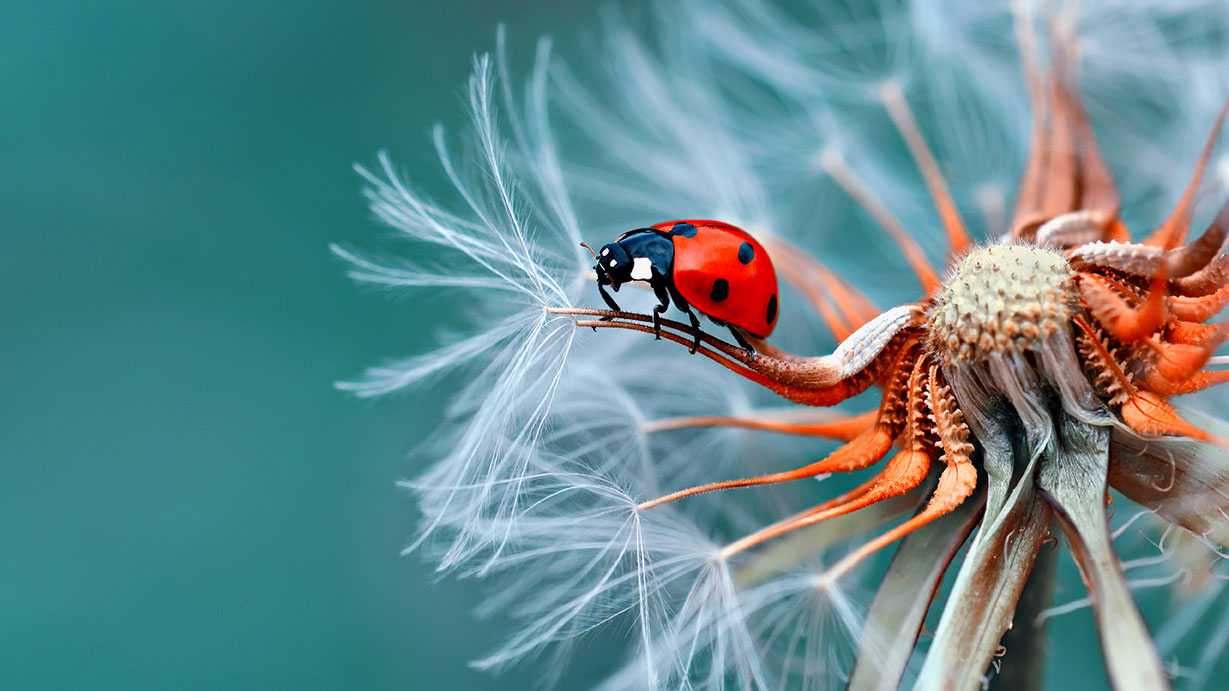
< Back
entomology
Definition
Entomology is the scientific study of insects. Insects are a diverse group of animals that includes over a million different species. They are found in every habitat on Earth, and they play an important role in the ecosystem.
Entomologists study insects in many different ways. They observe insects in their natural habitats, collect insects for study, and use microscopes to examine insect anatomy. Entomologists also study the behavior of insects, their ecology, and their importance to humans.
The study of entomology has many benefits. It helps us to understand the world around us, and it also helps us to solve problems that are caused by insects. For example, entomologists study insect behavior to help us develop better pest control methods. They also study the ecology of insects to help us understand how changes in the environment can affect insect populations.
Entomology is a fascinating and important field of study. It is a great way to learn about the natural world, and it can also lead to a rewarding career.
How can the word be used?
Entomology is the scientific study of insects.

Different forms of the word
Noun: entomology.
Adjective: entomological.
Verb: to entomologize.
Synonyms: insectology, insect science.
Etymology
The word entomology comes from the Greek words entomon (insect) and logos (study of). It was first used in English in the 16th century, and it is still used today to refer to the scientific study of insects.
Question
What is someone called who studies entomology?
AQA Science Exam Question and Answer
Question:
Explain the field of entomology and its significance in the study of insects. Describe the diverse areas of research within entomology, such as taxonomy, behaviour, ecology, and pest management. Provide examples of how entomology has contributed to our understanding of insect biodiversity, their role in ecosystems, and the development of sustainable pest control methods.
Answer:
Entomology is the scientific study of insects, and it plays a vital role in understanding and appreciating the vast diversity of these creatures. Entomologists explore various aspects of insect life, behaviour, and ecology, contributing to multiple scientific disciplines.
Taxonomy involves classifying and identifying insect species, helping us understand their evolutionary relationships and biodiversity. Behavioural studies shed light on insect communication, mating rituals, and social interactions. In studying insect ecology, entomologists examine insect interactions with their environments and the roles they play in ecosystems as pollinators, decomposers, and predators.
Entomology also plays a crucial role in pest management. Understanding insect behaviour and life cycles aids in developing sustainable methods for controlling agricultural pests while minimising environmental impacts.
Overall, entomology's diverse research areas have broadened our understanding of insect life and its significance in maintaining ecological balance. The field's contributions continue to shape our approach to pest control, conservation efforts, and sustainable agriculture practices.